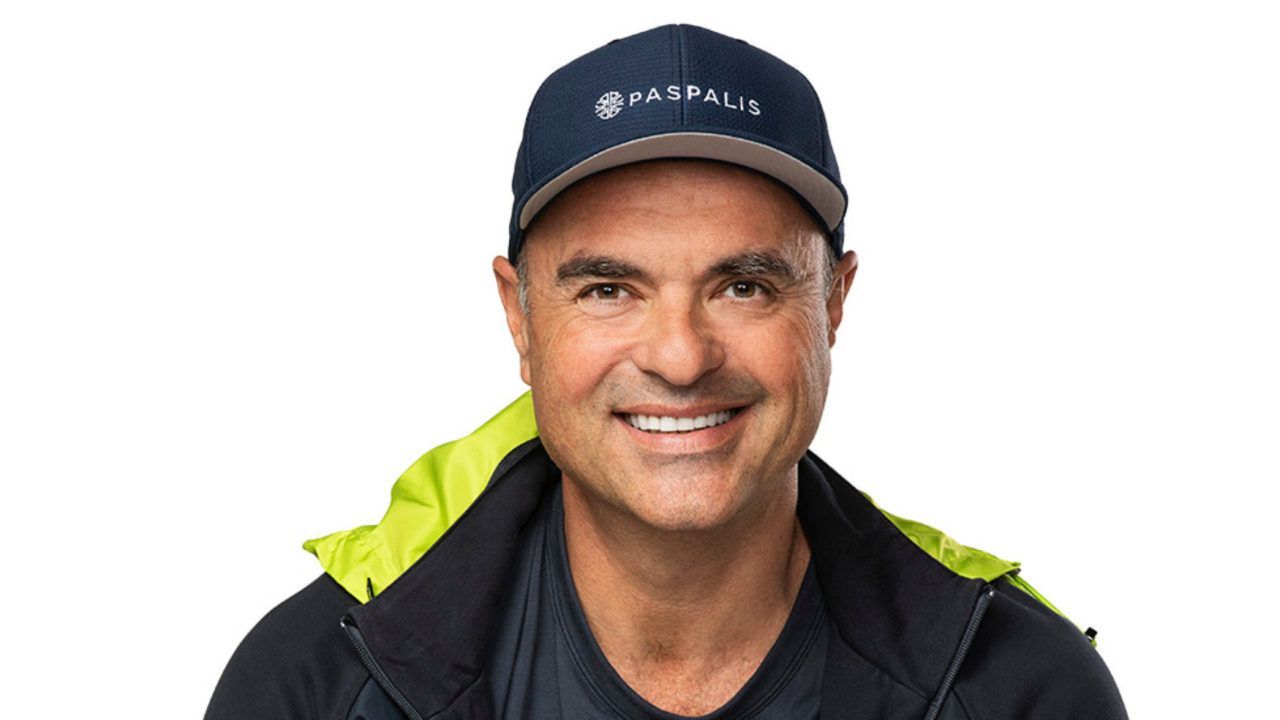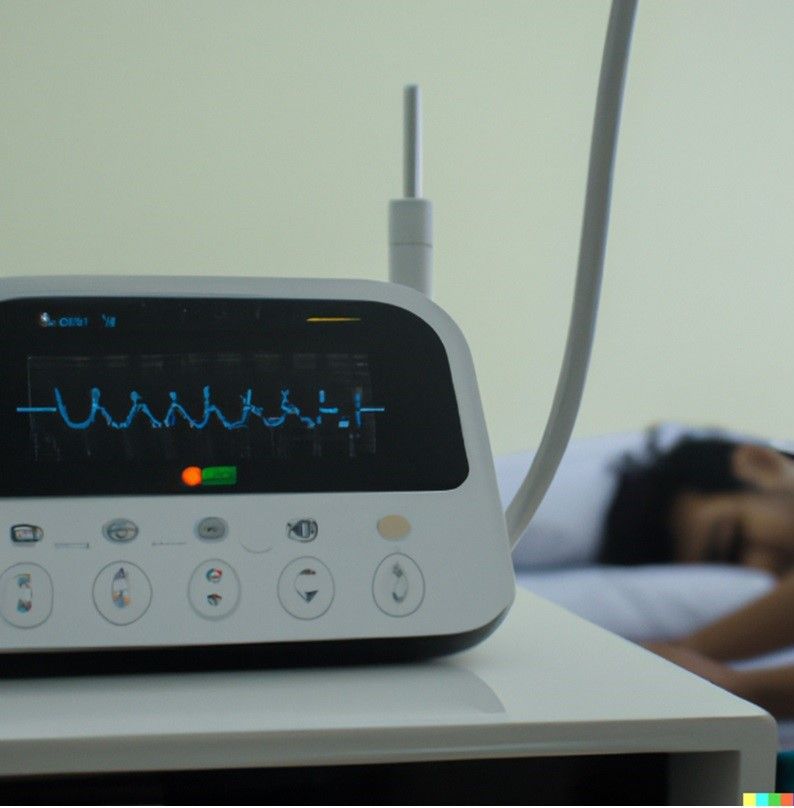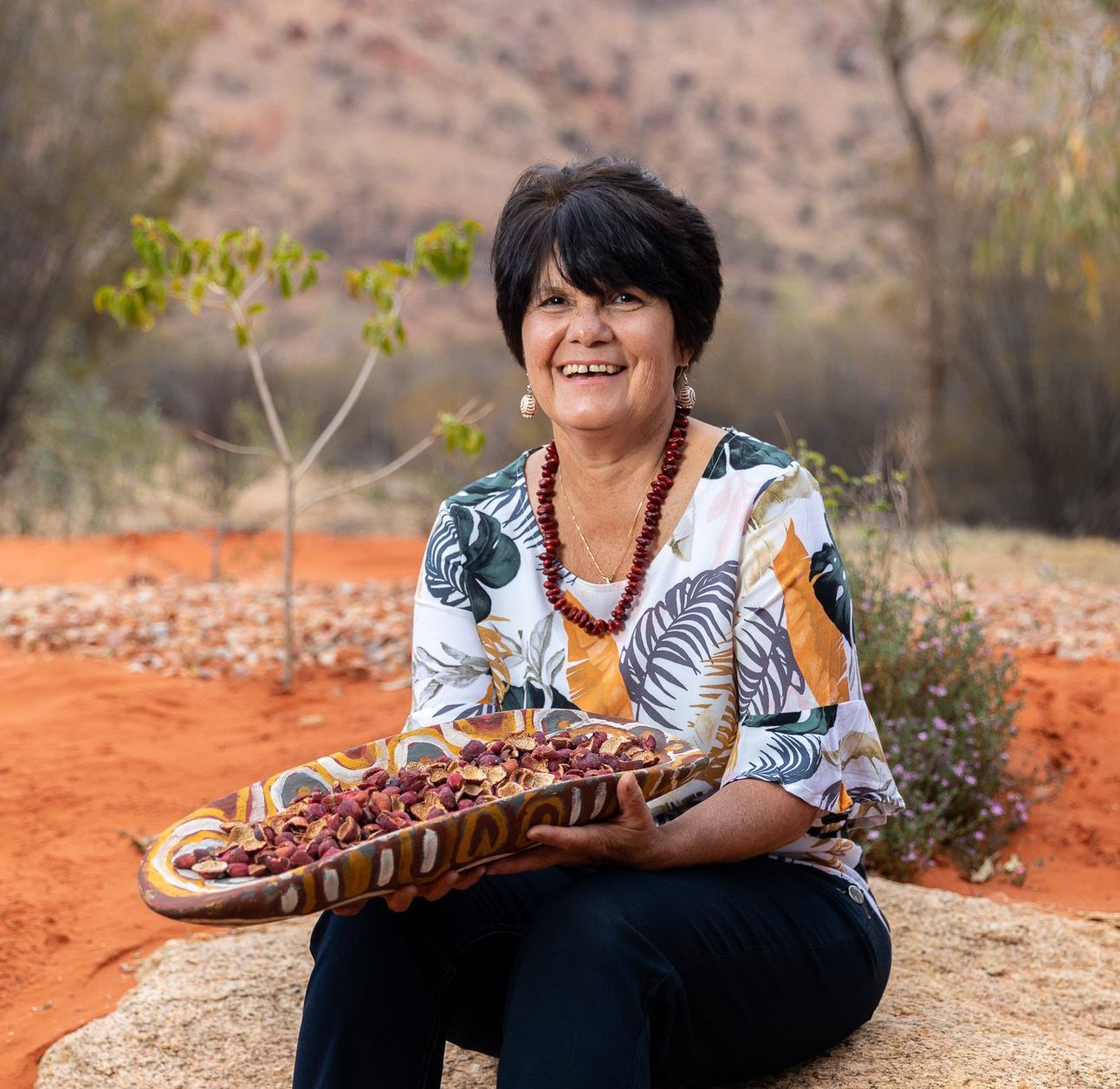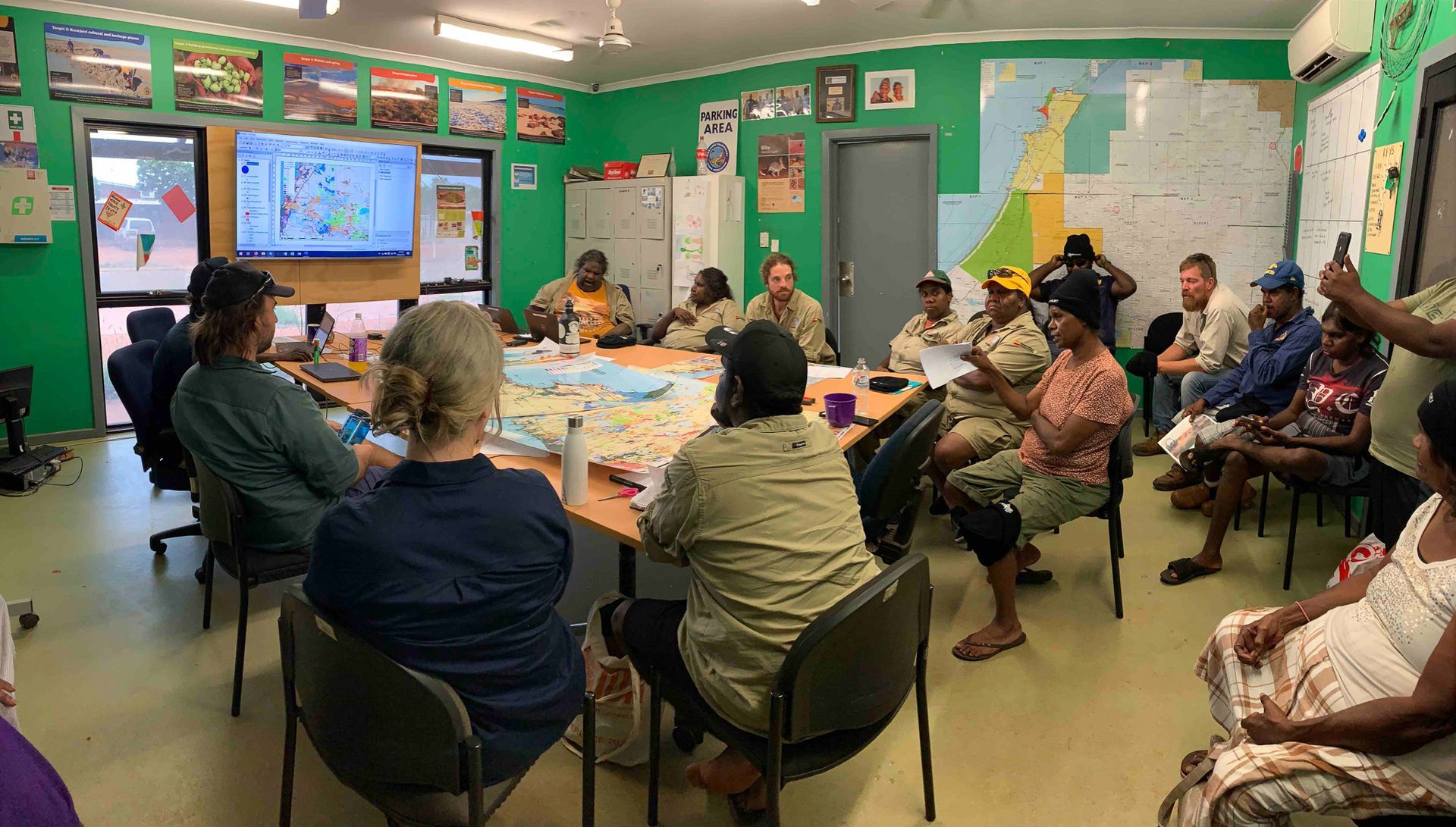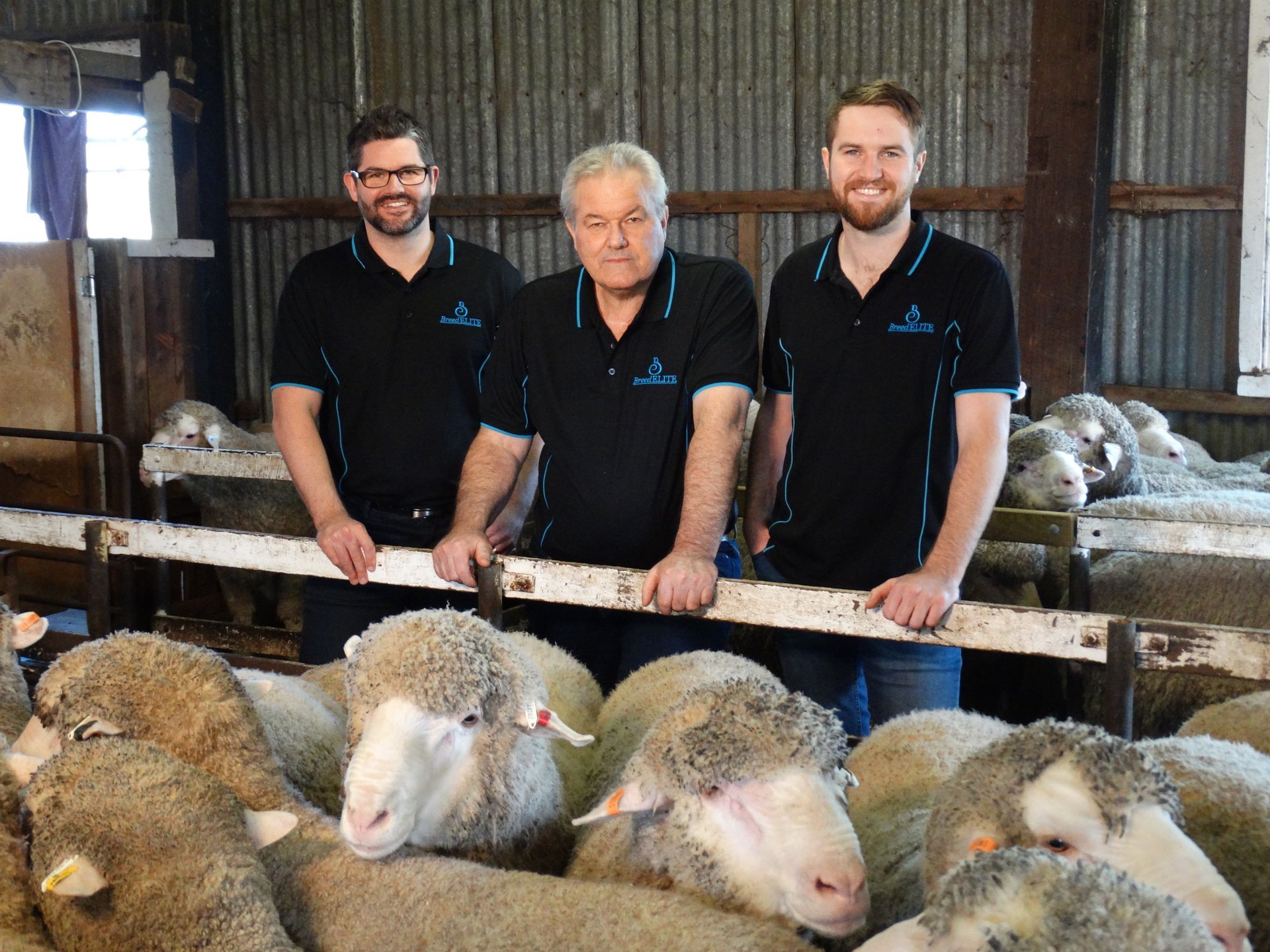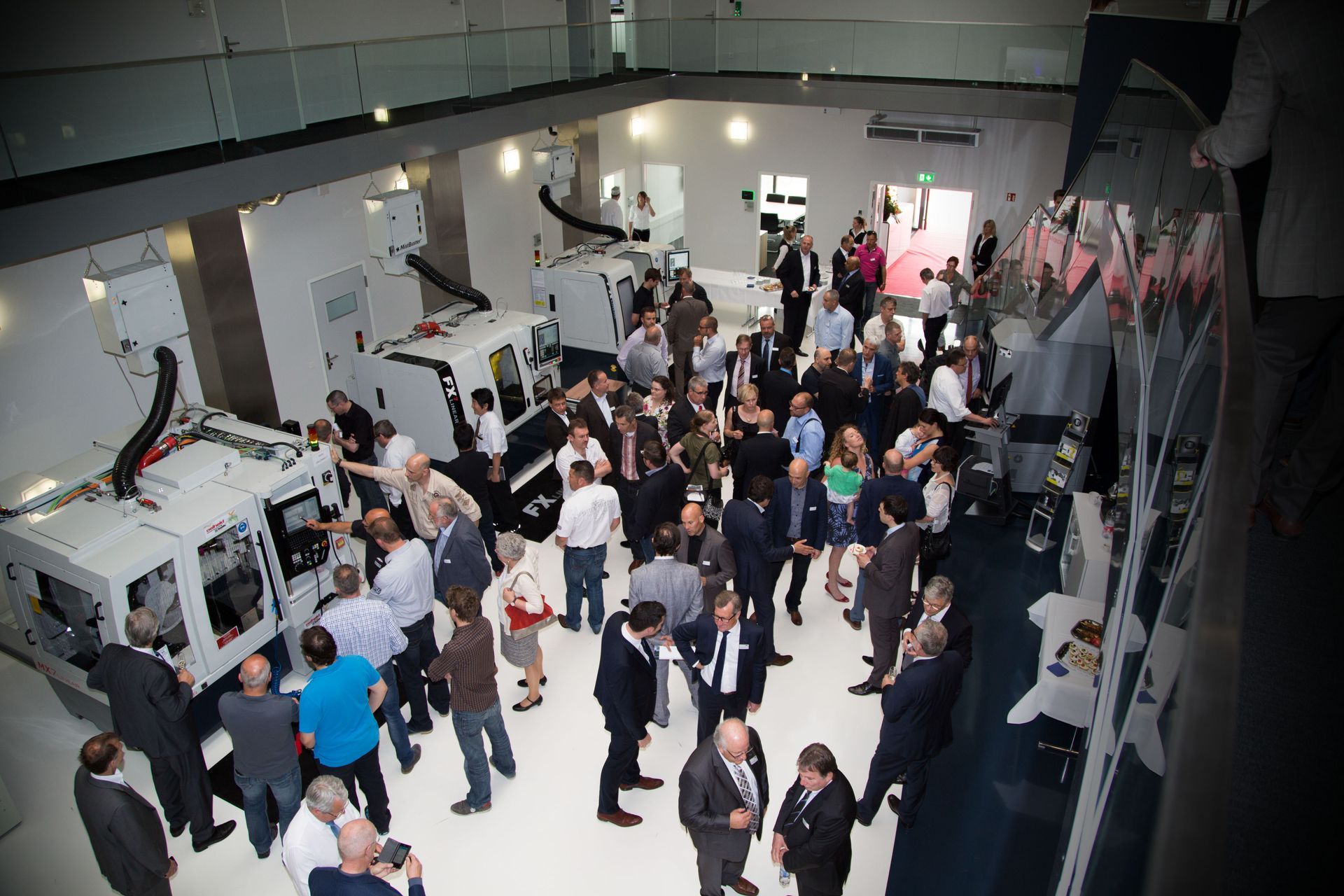Understanding a digital future for energy
Jessica Guttridge
Researchers are going to consumers’ homes to understand their digital behaviour and expectations, helping businesses deliver future innovations and cost saving infrastructure

A world-first research project run out of Monash University, in collaboration with Ausgrid, AusNet Services, and Energy Consumers Australia, is attempting to understand Australia’s digital future, by putting consumer behaviour at its core.
The $2.3m Digital Energy Futures research project will develop new models for tracking peak electricity demand and broader consumption, based on insights driven through surveys, ethnographic research, and scenario planning.
The project will take the researchers inside the homes of Australians, looking into how they live first-hand, with its assumptions constantly tested and revised annually.
Associate Professor Yolande Strengers and Professor Sarah Pink from Monash University will lead the project over three years.
As Strengers explains, it moves beyond an energy-centric focus, by examining how people use digital technologies in their lives, and expect to in the future.
Eventually, the information may be used to create demand management solutions for businesses in multiple industries, such as water and waste, helping them to meet future consumption targets.
Strengers notes, “It is quite innovative, we have not found anyone else in the world doing this kind of work. People are working on energy futures from different angles, but the way we have proposed, working with consumers and industry, makes it unique.
“Traditionally forecasts in the energy sector have been based on data such as demographic information; engineering models of appliances; and economic, home ownership or occupancy trends. These are broad-brush statistics about where things are heading.
“The main purpose is not to predict the future, but to develop a methodology that includes the current practices, aspirations, and views of consumers; alongside other digital and energy sector speculations about what the future might look like. Using this knowledge, we plan to forecast what those trends might mean for the energy sector.”
By using the forecasting model, businesses can better anticipate the right infrastructure, resources, and marketplace to serve the future. The energy sector is currently rapidly transforming to adapt to the higher than expected uptake of solar panels and batteries at home, disrupting business models and infrastructure planning.
The research will allow Australia to better plan its energy future with affordability and reliability in mind, by more accurately tracking consumer expectations and planning.
The CEO of Ausgrid, Richard Gross, said the project aligns with his organisation’s long-term goals.
“Residential households want more affordable, reliable and sustainable energy solutions, and we’re working smarter to meet these needs. Partnering with Monash and our customers will help us identify changing trends in household electricity demand. With this deeper understanding of energy use, we can improve our services,” explained Gross.
AusNet Services Executive General Manager Alistair Parker said, “It’s an exciting collaboration to get ahead of change by starting with consumers and their lifestyles. What’s unique about this research project is that it doesn’t start with technology, but rather the consumer, and then attempts to extrapolate how their lifestyle will drive their interaction with new technologies.”
The Digital Energy Futures project is run out of the Monash University Emerging Technologies Lab, directed by Professor Pink, which investigates a future environment where automation, artificial intelligence, data and the questions of ethics, responsibility and user experience and engagement that come with this shift.

In 2016 I published a blog article titled Moonshots for Australia: 7 For Now. It’s one of many I have posted on business and innovation in Australia. In that book, I highlighted a number of Industries of the Future among a number of proposed Moonshots. I self-published a book, Innovation in Australia – Creating prosperity for future generations, in 2019, with a follow-up COVID edition in 2020. There is no doubt COVID is causing massive disruption. Prior to COVID, there was little conversation about National Sovereignty or supply chains. Even now, these topics are fading, and we remain preoccupied with productivity and jobs! My motivation for this writing has been the absence of a coherent narrative for Australia’s business future. Over the past six years, little has changed. The Australian ‘psyche’ regarding our political and business systems is programmed to avoid taking a long-term perspective. The short-term nature of Government (3 to 4-year terms), the short-term horizon of the business system (driven by shareholder value), the media culture (infotainment and ‘gotcha’ games), the general Australian population’s cynical perspective and a preoccupation with a lifestyle all create a malaise of strategic thinking and conversation. Ultimately, it leads to a leadership vacuum at all levels. In recent years we have seen the leadership of some of our significant institutions failing to live up to the most basic standards, with Royal Commissions, Inquiries and investigations consuming excessive time and resources. · Catholic Church and other religious bodies · Trade Unions · Banks (and businesses generally, take casinos, for example) · the Australian Defence Force · the Australian cricket teams · our elected representatives and the staff of Parliament House As they say, “A fish rots from the head!” At best, the leadership behaviour in those institutions could be described as unethical and, at worst….just bankrupt! In the last decade, politicians have led us through a game of “leadership by musical chairs” – although, for now, it has stabilised. However, there is still an absence of a coherent narrative about business and wealth creation. It is a challenge. One attempt to provide such a narrative has been the Intergenerational Reports produced by our federal Government every few years since 2002. The shortcomings of the latest Intergenerational Report Each Intergenerational Report examines the long-term sustainability of current government policies and how demographic, technological, and other structural trends may affect the economy and the budget over the next 40 years. The fifth and most recent Intergenerational Report released in 2021 (preceded by Reports in 2002, 2007, 2010 and 2015) provides a narrative about Australia’s future – in essence, it is an extension of the status quo. The Report also highlights three key insights: 1. First, our population is growing slower and ageing faster than expected. 2. The Australian economy will continue to grow, but slower than previously thought. 3. While Australia’s debt is sustainable and low by international standards, the ageing of our population will pressure revenue and expenditure. However, its release came and went with a whimper. The recent Summit on (what was it, Jobs and Skills and productivity?) also seems to have made the difference of a ‘snowflake’ in hell in terms of identifying our long-term challenges and growth industries. Let’s look back to see how we got here and what we can learn. Australia over the last 40 years During Australia’s last period of significant economic reform (the late 1980s and early 1990s), there was a positive attempt at building an inclusive national narrative between Government and business. Multiple documents were published, including: · Australia Reconstructed (1987) – ACTU · Enterprise Bargaining a Better Way of Working (1989) – Business Council of Australia · Innovation in Australia (1991) – Boston Consulting Group · Australia 2010: Creating the Future Australia (1993) – Business Council of Australia · and others. There were workshops, consultations with industry leaders, and conferences across industries to pursue a national microeconomic reform agenda. Remember these concepts? · global competitiveness · benchmarking · best practice · award restructuring and enterprising bargaining · training, management education and multiskilling. This agenda was at the heart of the business conversation. During that time, the Government encouraged high levels of engagement with stakeholders. As a result, I worked with a small group of training professionals to contribute to the debate. Our contribution included events and publications over several years, including What Dawkins, Kelty and Howard All Agree On – Human Resources Strategies for Our Nation (published by the Australian Institute of Training and Development). Unfortunately, these long-term strategic discussions are nowhere near as prevalent among Government and industry today. The 1980s and 1990s were a time of radical change in Australia. It included: · floating the $A · deregulation · award restructuring · lowering/abolishing tariffs · Corporatisation and Commercialisation Ross Garnaut posits that the reforms enabled Australia to lead the developed world in productivity growth – given that it had spent most of the 20th century at the bottom of the developed country league table. However, in his work, The Great Reset, Garnaut says that over the next 20 years, our growth was attributable to the China mining boom, and from there, we settled into “The DOG days” – Australia moved to the back of a slow-moving pack! One unintended consequence of opening our economy to the world is the emasculation of the Australian manufacturing base. The manic pursuit of increased efficiency, lower costs, and shareholder value meant much of the labour-intensive work was outsourced. Manufacturing is now less than 6% of our GDP , less than half of what it was 30 years ago!
